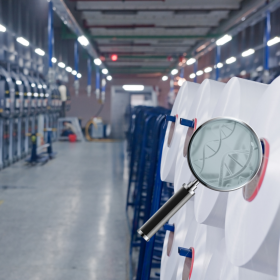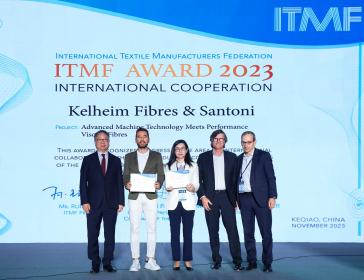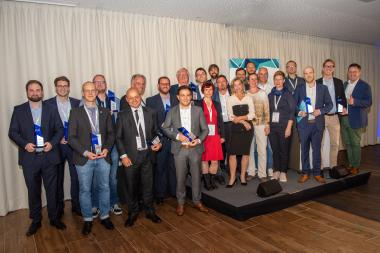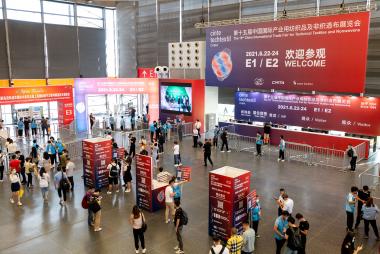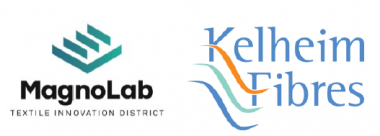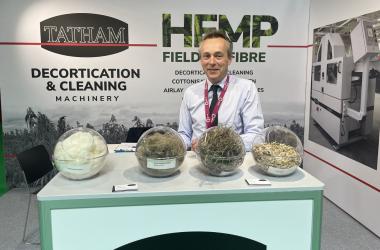Man-made fiber yarns with DNA: Supply chains in textile end products traceable
In cooperation with the Swiss company Haelixa, Oerlikon Manmade Fibers Solutions will, in future, be able to make the entire value chain of a textile end product transparent and hence sustainable. The two development partners are offering a solution for the comprehensive traceability of products, as required by the European Green Deal.
An essential part of the solution is the DNA marker technology developed by Haelixa that enables complete traceability of materials. These markers survive all production process steps, validating that the end product is identifiable. "This innovative technology employs distinct DNA tailored for each project, establishing a unique identity for the material," explains Holly Berger, Marketing Director at Haelixa. "Once the DNA is integrated into the material, it becomes irremovable, impervious to falsification or alteration." Handling is straightforward: the DNA marker is fed into the spinning process with the preparation oil, for example. The preparation system is modified accordingly. Further feeding options are currently being developed.
Smart factory: total transparency with atmos.io
The concept is complemented by atmos.io, Oerlikon's digital platform, which records and evaluates extensive production and process data during the yarn manufacturing process. Atmos.io gives the yarn its digital identity during its time on Oerlikon systems, from the melt to the packaged package. This technology has been used successfully for some time to monitor the production process. With atmos.io, deviations in process parameters and yarn data can be identified and rectified within a very short time, which in turn keeps the yarn quality stable and reduces waste rates.
Combining both technologies enables clear traceability of the yarn produced, even in the downstream process steps. Hence, the yarn's components, qualities, manufacturing conditions, and origin are traced beyond doubt in the finished garment. "The unique DNA carries the 'roots' of the yarn digitally recorded in atmos.io into the everyday life of the end consumer," says Jochen Adler, CTO at Oerlikon Manmade Fibers. The textile end products meet the requirements of the digital product passport required by the EU, which contains the information needed to assess their life cycle assessment and circularity. Initial long-term tests have shown 100% traceability of the yarns in the POY and FDY spinning process. If the yarn manufacturer relies on the atmos.io platform, production systems can be adapted relatively easily to use the DNA markers.
Oerlikon Textile GmbH & Co. KG


